It’s college application season and the seniors are knee deep in the process. From populating their Common App to updating their academic resume and extracurricular list, there is no shortage of tasks to complete before sending in the first application. However, if you’re like me, and you’ve decided to pursue a highly competitive musical theatre degree, your list is much longer.
Let me just say–I am so thankful for our strong SSES college counseling program. Having the support system in place has already proven to be extremely beneficial. However, historically, less than 1% of SSES students seek a musical theater/ theater arts degree upon graduation. Would it surprise you to know that top musical theater programs often accept less than 10% of applicants? In some situations, that number is drastically lower. According to Dramatics, schools like Carnegie Mellon are accepting one half of one percent. That’s just twelve students a year, six men and six women. And because of this, there isn’t really a roadmap to follow when it comes to what happens next.
For those of you who are curious about the process, or think you might one day want to journey in this direction, stay tuned. I’ve decided to dedicate a series of articles to what it’s like to walk in my shoes.
From the initial application to the pre-screen video auditions, to the live callbacks, and everything in between, I’ll share it all right here-the good, the bad and the ugly. I’m just getting started and I can already tell you that this isn’t going to be a smooth ride. Those seeking this path are judged entirely different than those seeking a traditional degree. Beyond having good grades and strong athletic ability, musical theatre candidates must pass another series of unique and rigorous tests just to be considered.
Beyond talent, considerations for admission into the program can include a person’s smile, tone of voice, height, and weight. Decision makers watch the way you move, the way you gesture and critique your personality overall. To some, this may seem excessive, but in the world of musical theater, it’s absolutely normal.
Colleges are “casting” their incoming classes and avoiding duplication. For example, they might not need three, 5’5” girls who are soprano singers. They may already have someone in the program with the same body type, voice type etc. Diversity is very important. If a prospective student isn’t the right fit, no matter how talented they may be, they won’t be asked to audition. When I began this whole college process, I mentally prepared myself for the worst while hoping for the best. Although disappointing, rejection is just part of the process. Just like a Broadway casting call, colleges will determine if you fit based on the “type” they are looking to take on. In this industry you will hear “no” more times than you hear “yes” , and you must be prepared for that rejection to survive.
Buckle up everyone. This is going to be a bumpy ride.


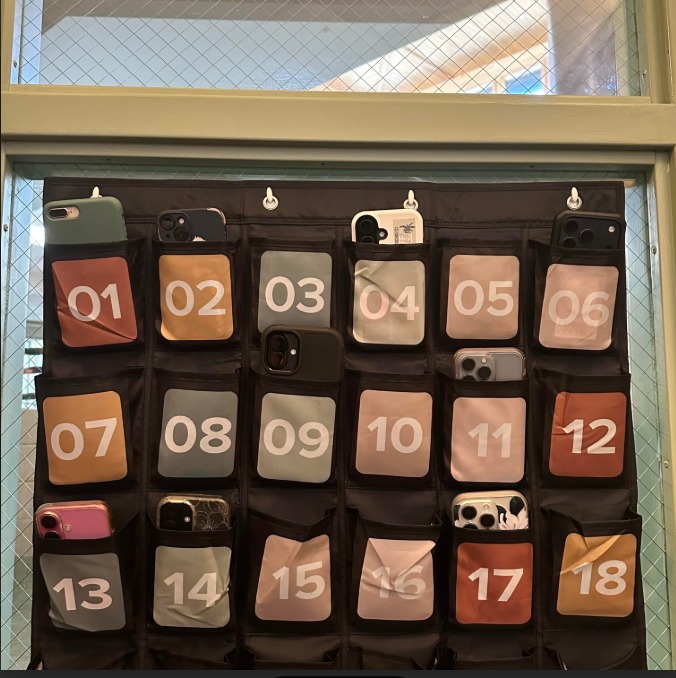
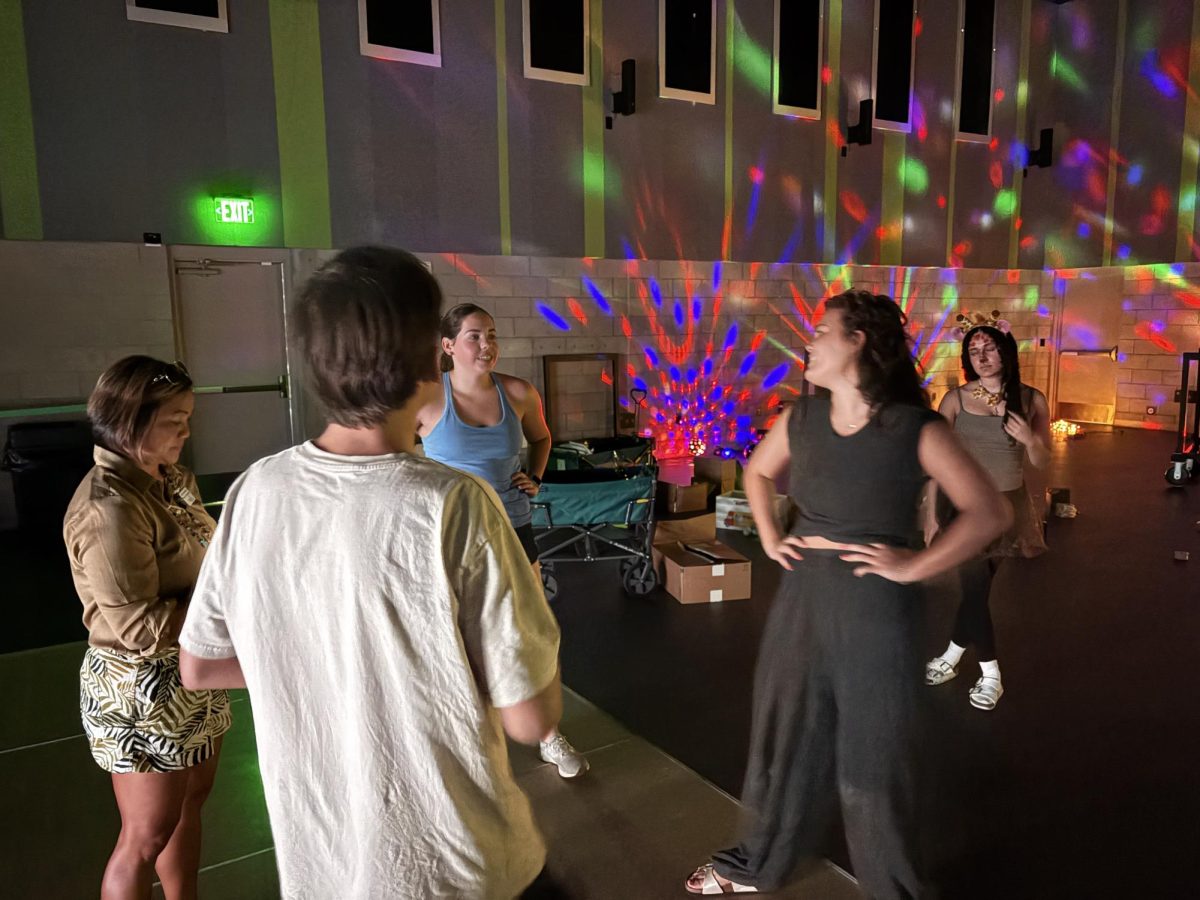



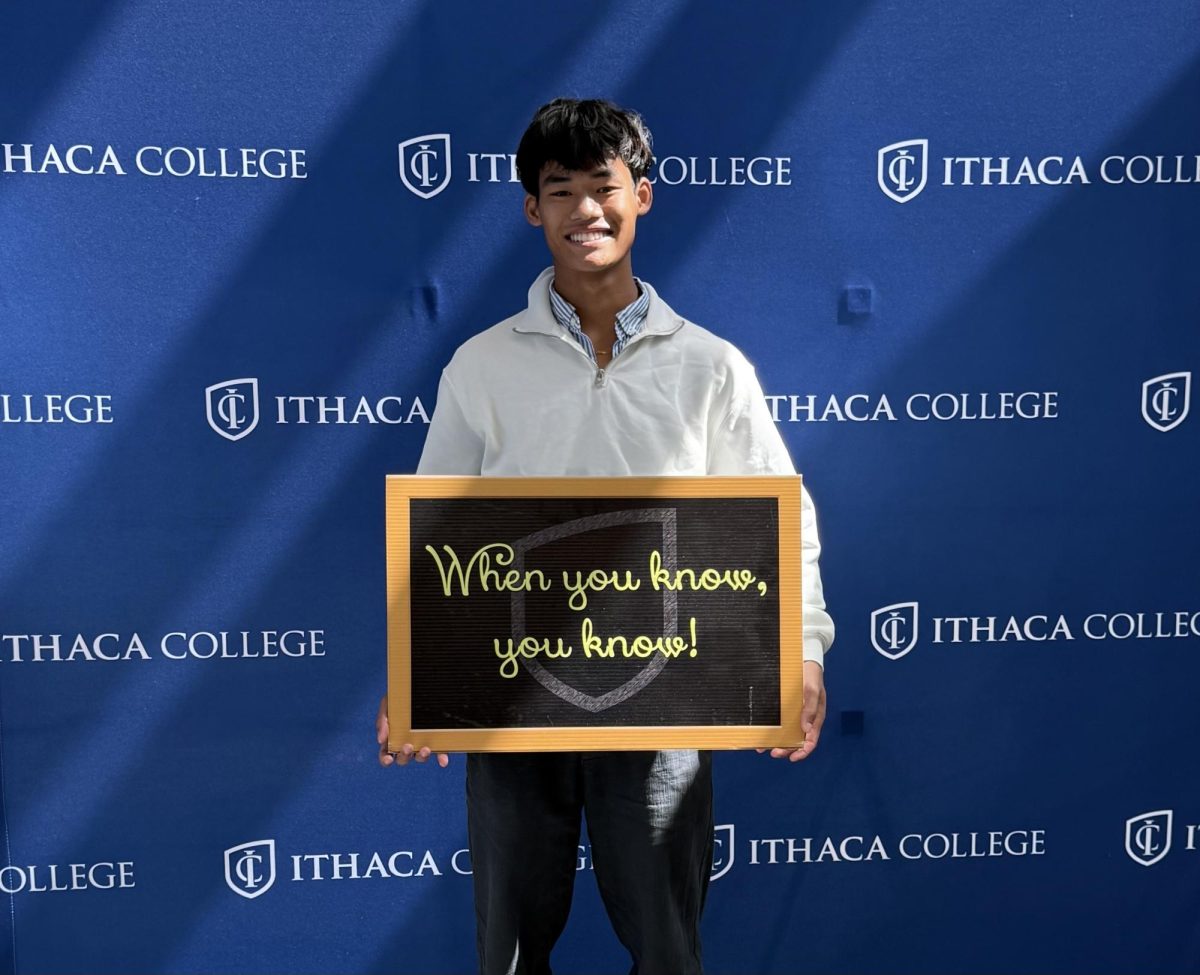

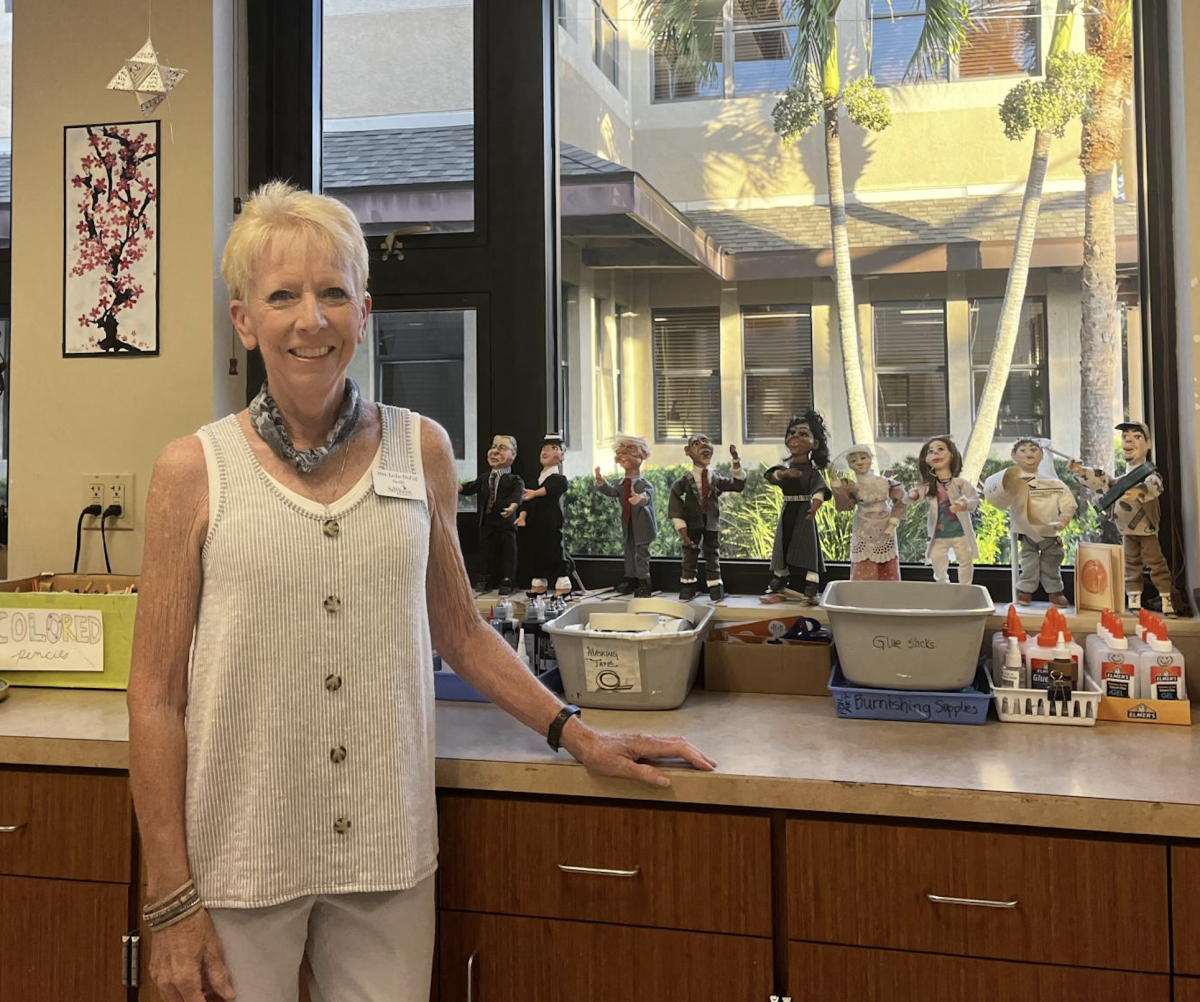
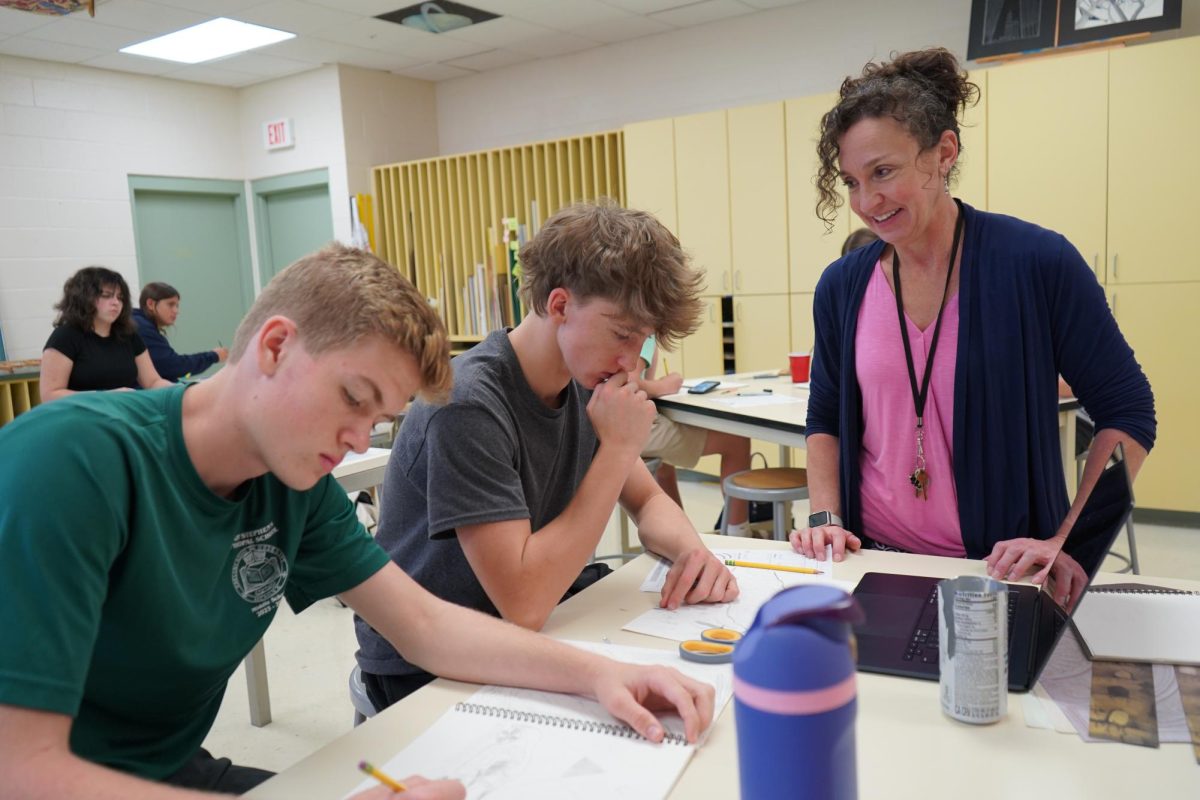


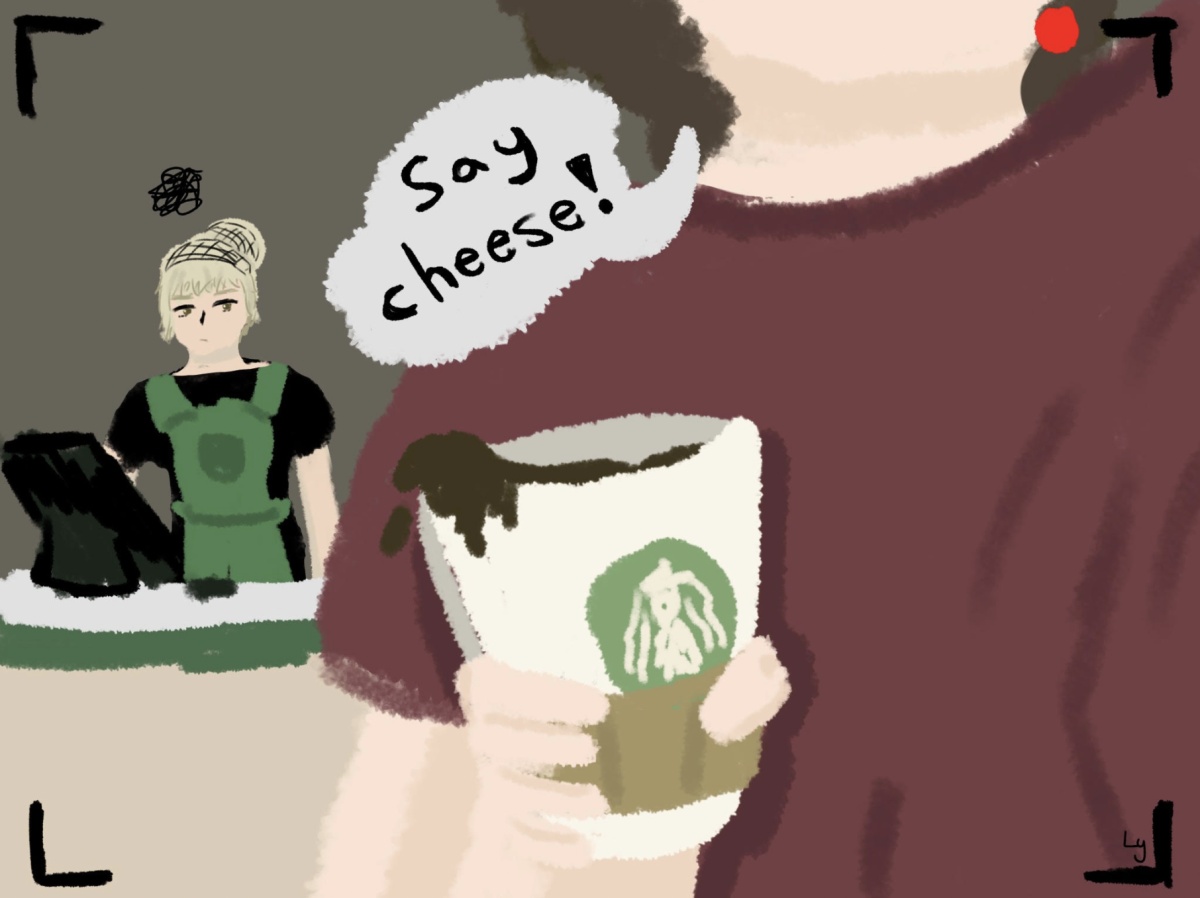
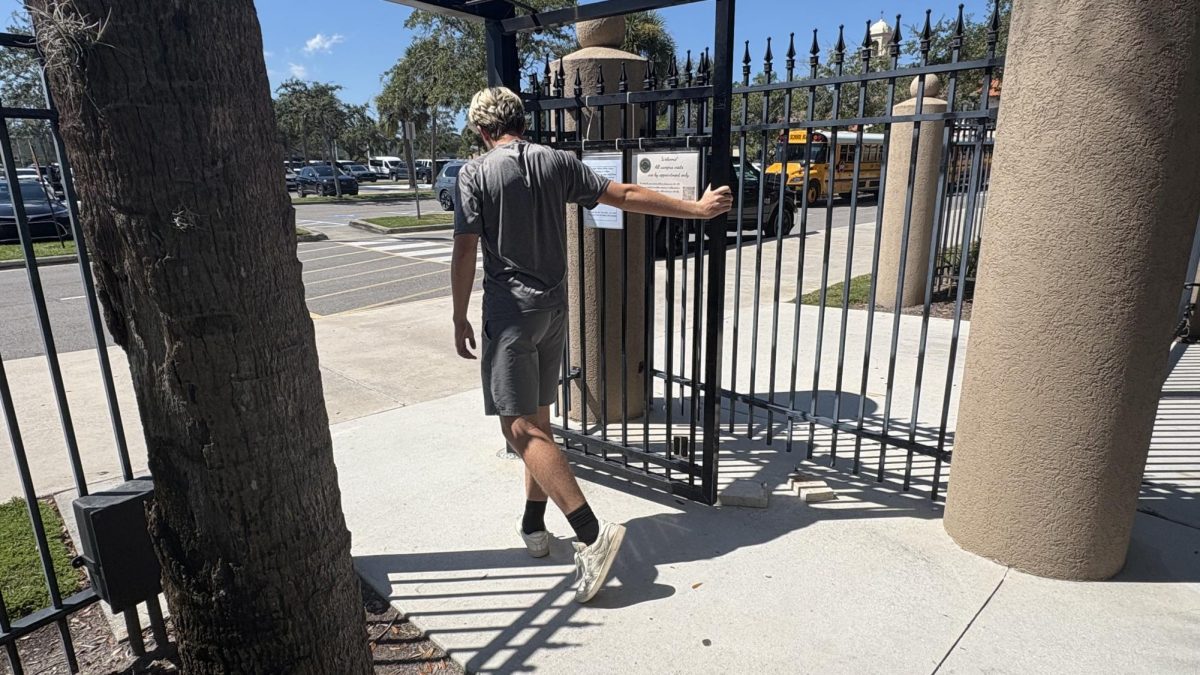


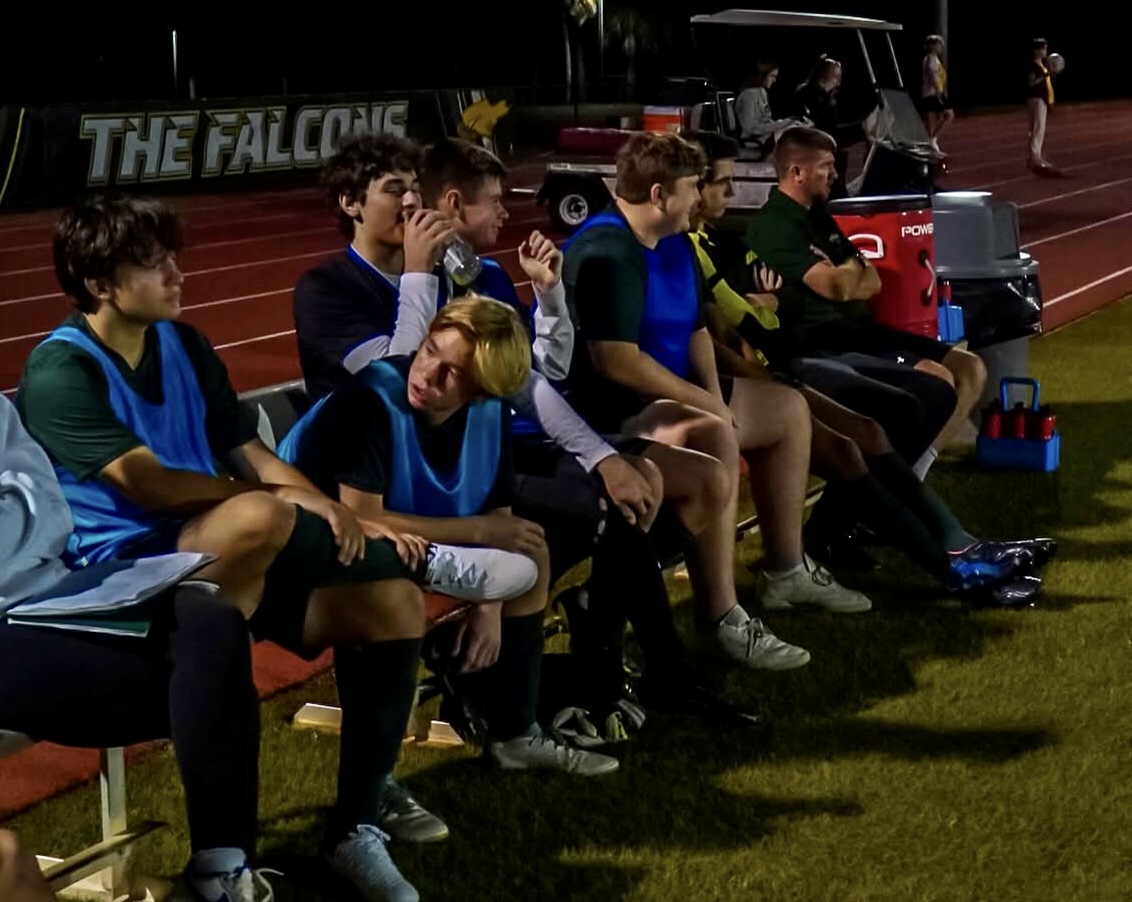

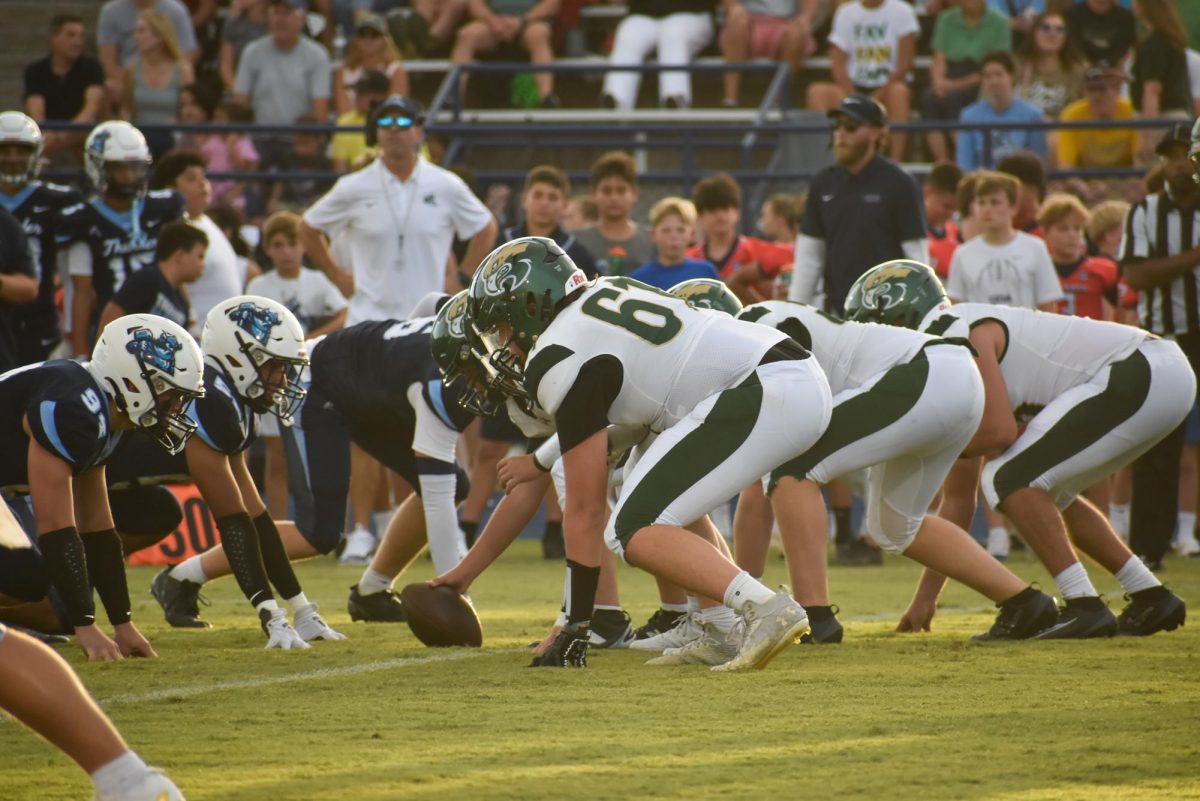
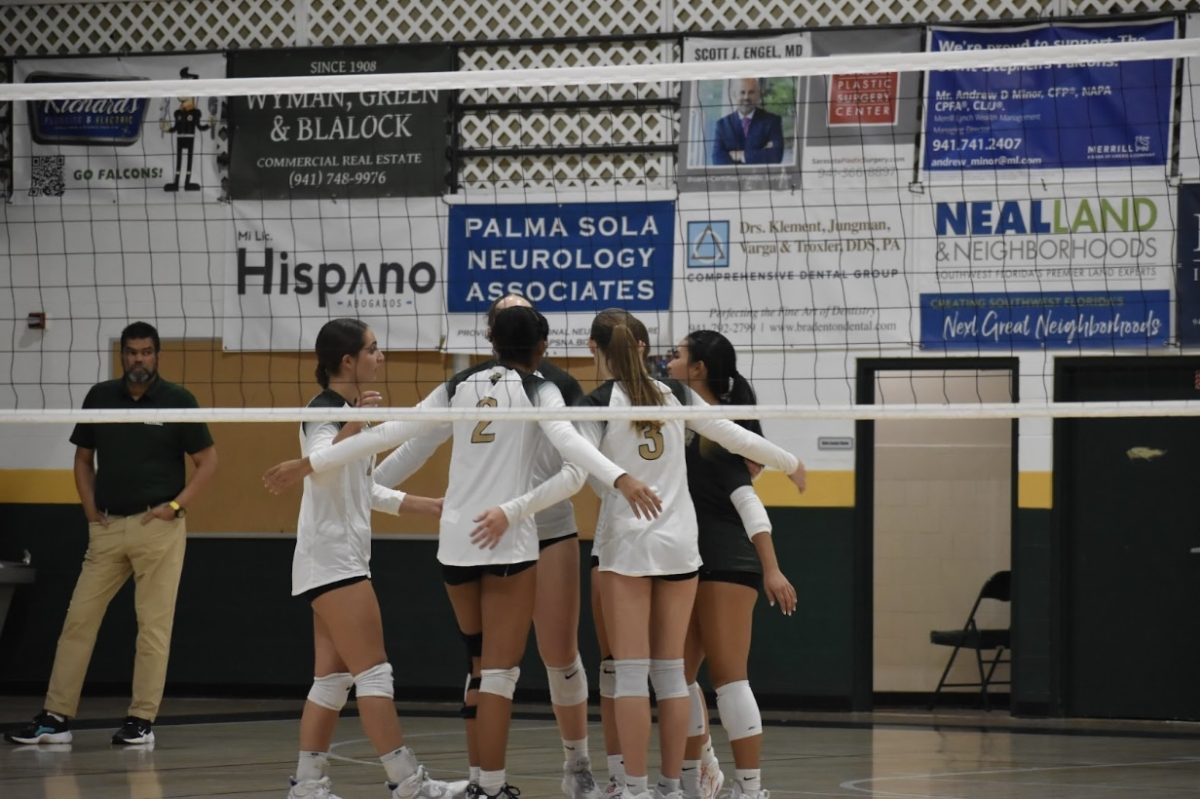

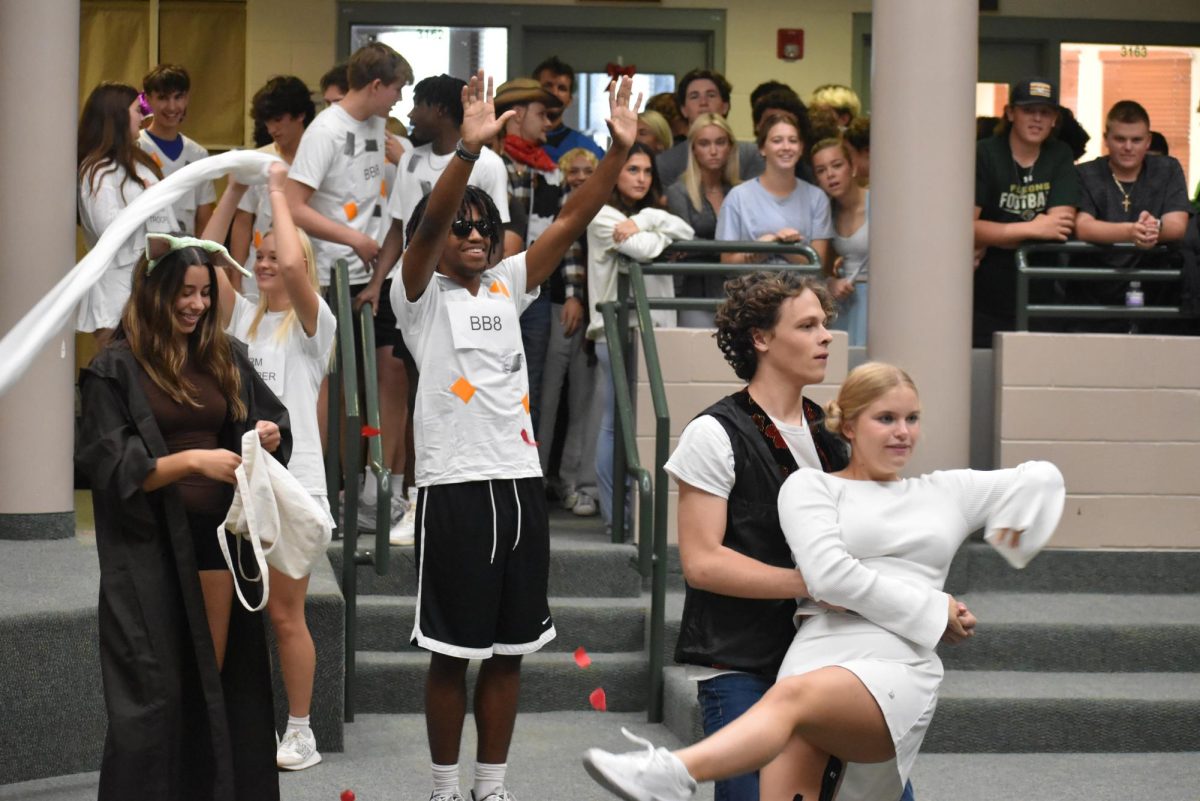


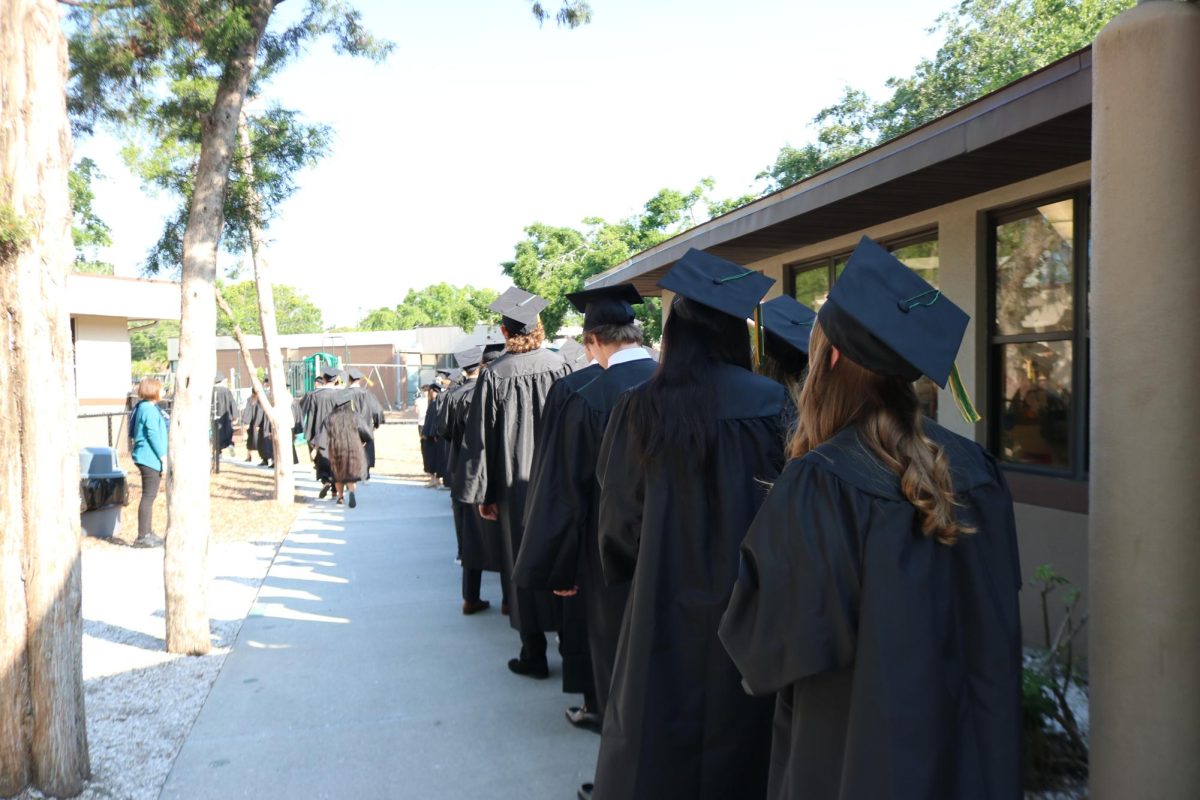






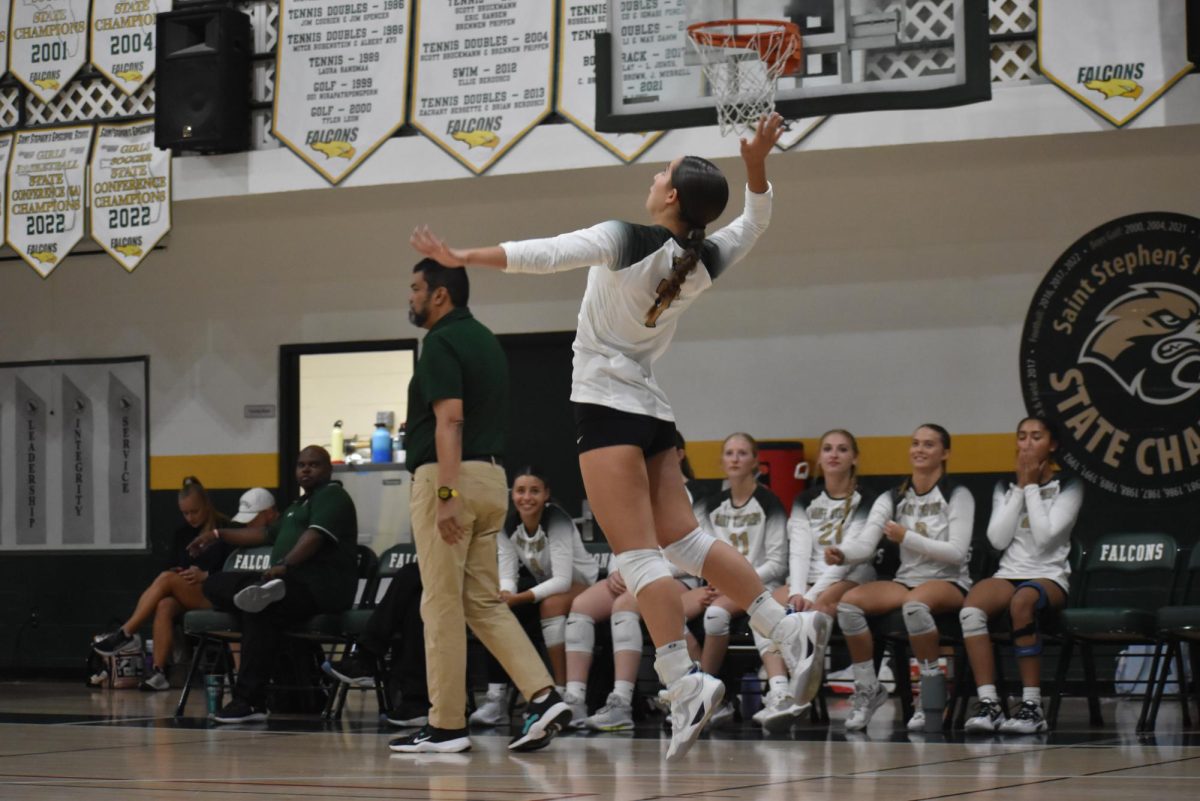



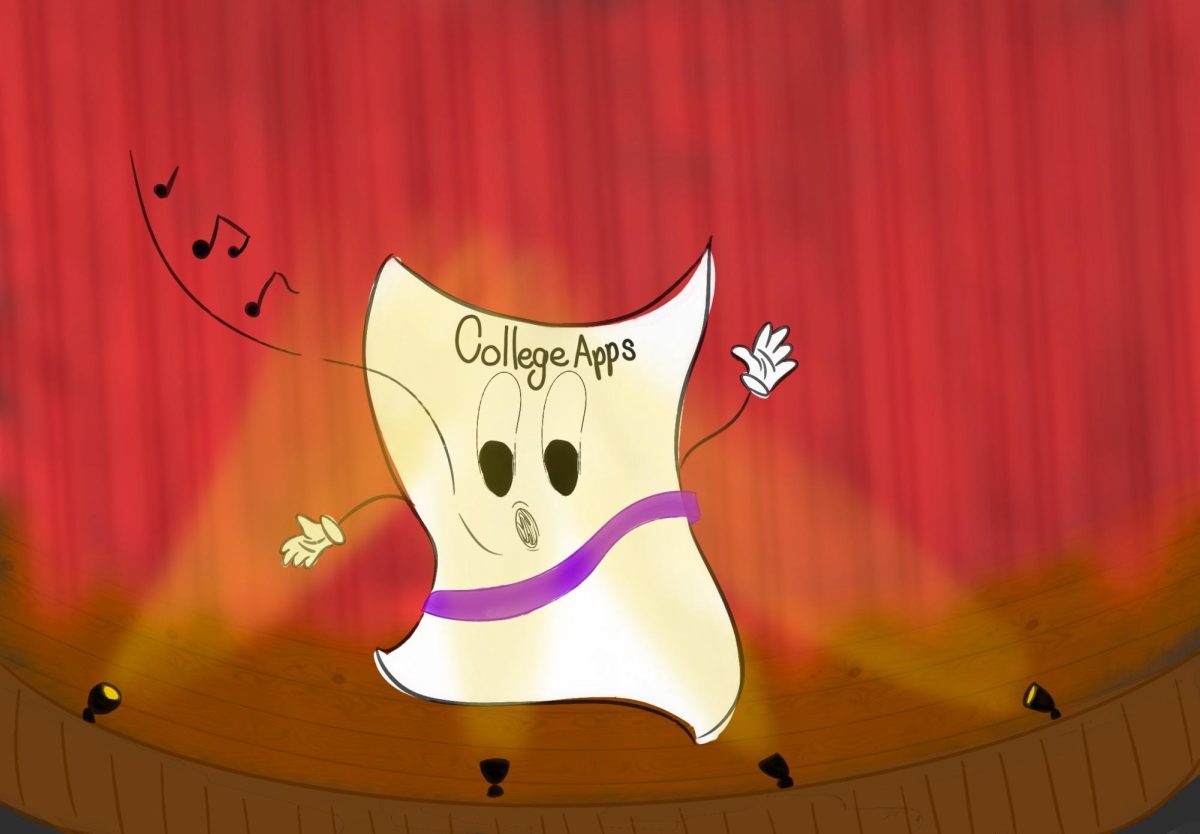


Jeannine Elisha • Sep 26, 2023 at 2:10 pm
This is a great insight to a world so few people know about. You are on such a competitive, but fun, journey. I can’t wait to read next month’s article.